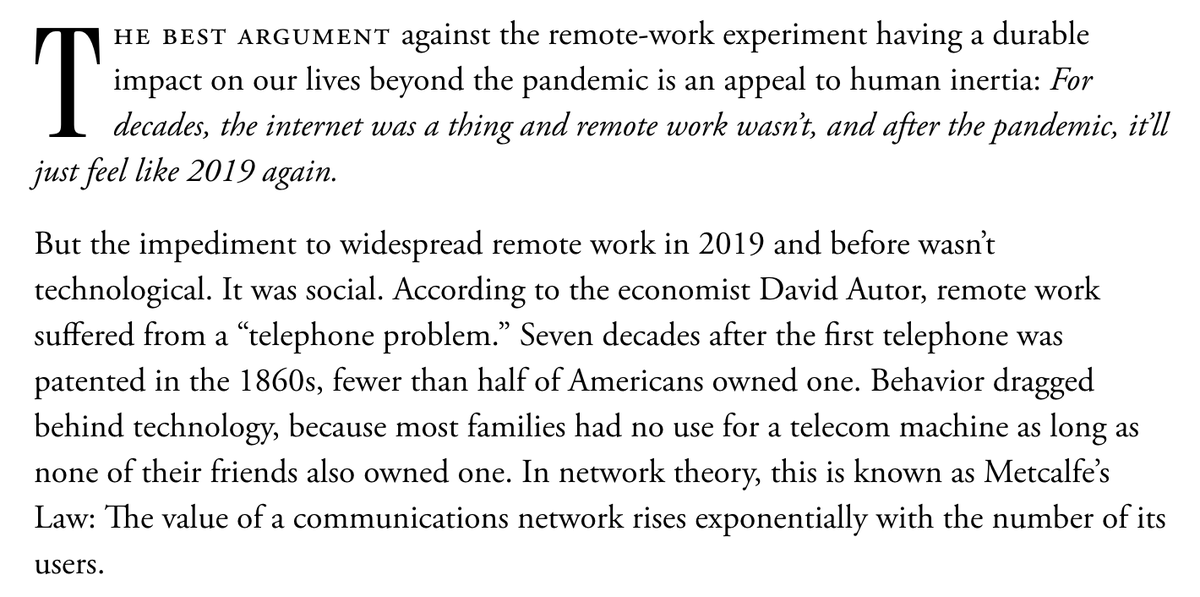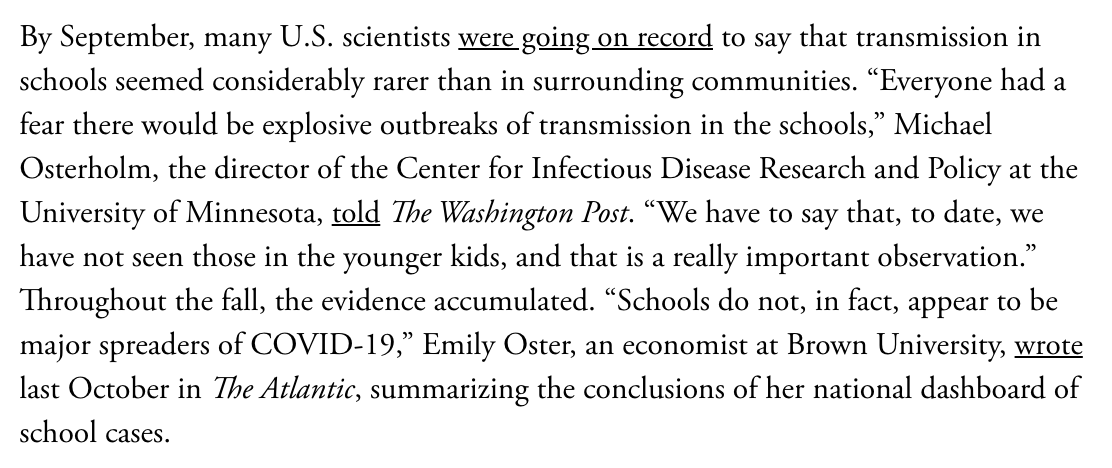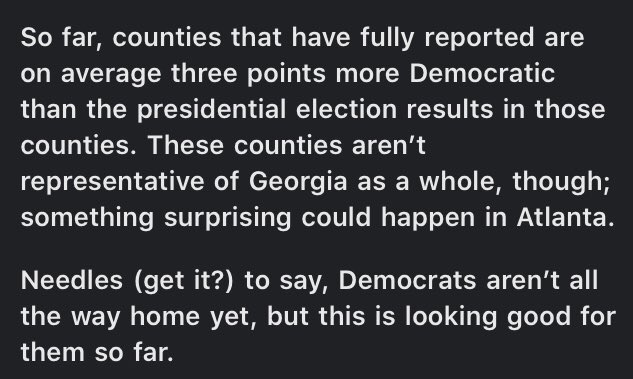
At first, I thought remote work was a chaotic forced experiment that would snap back to normal after vaccines.
I've changed my mind. In fact, I think most ppl are underrating how likely things have changed for good & how broad the implications could be.
theatlantic.com/ideas/archive/…
I've changed my mind. In fact, I think most ppl are underrating how likely things have changed for good & how broad the implications could be.
theatlantic.com/ideas/archive/…
You don’t need 90% remote (or even 20%) for things to get weird.
In 2015, just ~10% of U.S. retail was e-commerce, by some measures. But that was enough for online shopping to have a massive effect on retail overall. Could be the same for remote work.
In 2015, just ~10% of U.S. retail was e-commerce, by some measures. But that was enough for online shopping to have a massive effect on retail overall. Could be the same for remote work.
What was holding back remote work for most of this century wasn’t technology. It was culture. Telecommuting had a telephone problem.
i.e.: "How do I adopt this communications tech if I’m not confident that most people around me know how to use it?"
i.e.: "How do I adopt this communications tech if I’m not confident that most people around me know how to use it?"

This is the key.
The pandemic forced the entire white-collar economy to join hands and jump over remote work’s coordination problem.
“The most important outcome of the pandemic wasn’t that it taught YOU how to use Zoom, but rather that it forced EVERYBODY ELSE to use it.”
The pandemic forced the entire white-collar economy to join hands and jump over remote work’s coordination problem.
“The most important outcome of the pandemic wasn’t that it taught YOU how to use Zoom, but rather that it forced EVERYBODY ELSE to use it.”

Remote work is here to stay.
theatlantic.com/ideas/archive/…
There will be winners (large metros w/ housing, distributed firms) and losers (pricey coastal YIMBYs). There will be joys (fewer commutes) and sorrows (I miss people!). But negotiating these tensions *is* the future of work.
theatlantic.com/ideas/archive/…
There will be winners (large metros w/ housing, distributed firms) and losers (pricey coastal YIMBYs). There will be joys (fewer commutes) and sorrows (I miss people!). But negotiating these tensions *is* the future of work.
Today's essay is a deep-dive into the geographical implications of remote work—how it will change where some people live and work (and how those changes could affect innovation.)
For more 2nd-order effects on politics etc, see this essay
theatlantic.com/ideas/archive/…
For more 2nd-order effects on politics etc, see this essay
theatlantic.com/ideas/archive/…
• • •
Missing some Tweet in this thread? You can try to
force a refresh






